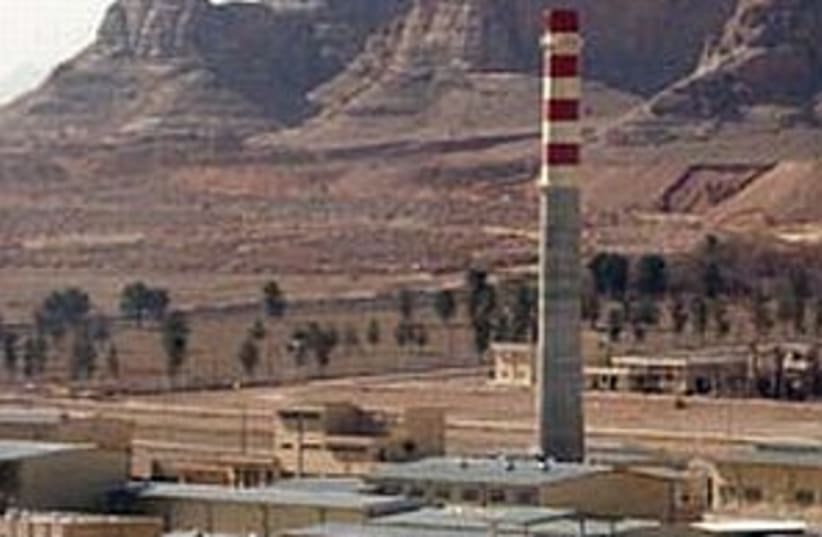| More about: | Iran, Mohamed ElBaradei, Condoleezza Rice, Sergey Lavrov |
Status of reported Iran deal unclear
Top US, Russian diplomats aim for progress in Iranian nuclear dispute.


| More about: | Iran, Mohamed ElBaradei, Condoleezza Rice, Sergey Lavrov |